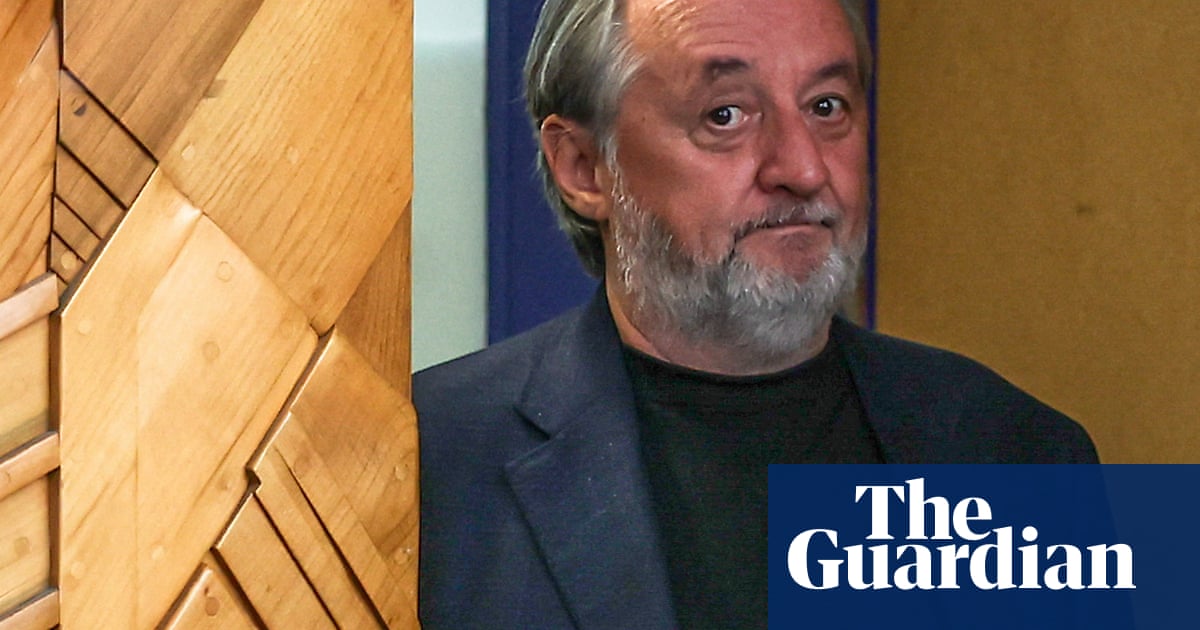Three former executives at the video game companyUbisofthave been given suspended prison sentences for enabling a culture of sexual and psychological harassment in the workplace at the end of thefirst big trialto stem from the#MeToo movementin the gaming industry.
The court in Bobigny, north of Paris, had heard how the former executives used their position to bully or sexually harass staff,leaving women terrifiedand feeling like pieces of meat.
Former staff had said that between 2012 and 2020, the company’s offices in Montreuil, east ofParis, were run with a toxic culture of bullying and sexism that one worker likened to a “boys’ club above the law”.
Ubisoft is a French family business that rose to become one of the biggest video game creators in the world. The company has been behind several blockbusters includingAssassin’s Creed,Far Cryand the children’s favouriteJust Dance.
The state prosecutor, Antoine Haushalter, had told the court the world of video games and its subculture had an element of “systemic” sexism and potential abuse and called the trial a “turning point” for the gaming world.
Thomas François, 52, a formerUbisofteditorial vice-president, was found guilty of sexual harassment, psychological harassment and an attempted sexual assault. He was given a three-year suspended prison sentence and fined €30,000 (£26,000).
The court heard how he once tied a female member of staff to a chair with tape, pushed the chair into a lift and pressed a button at random. He was also accused of forcing one woman wearing a skirt to do handstands.
She told the court: “He was my superior and I was afraid of him. He made me do handstands. I did it to get it over with and get rid of him.”
At a 2015 office Christmas party with a Back to the Future theme, François allegedly told a member of staff that he liked her 1950s dress. He then allegedly stepped towards her to kiss her on the mouth as his colleagues restrained her by the arms and back. She shouted and broke free.
François had told the court there was a “culture of joking around”. He said: “I never tried to harm anyone.”
Serge Hascoët, 59, Ubisoft’s former chief creative officer and second-in-command, was found guilty of psychological harassment and complicity in sexual harassment.
Sign up toHeadlines Europe
A digest of the morning's main headlines from the Europe edition emailed direct to you every week day
after newsletter promotion
He was acquitted of sexual harassment and complicity in psychological harassment. He was given an 18-month suspended sentence and a fine of €45,000.
The court heard he once handed a young female member of staff a tissue in which he had blown his nose, saying: “You can resell it, it’s worth gold at Ubisoft.” The court heard that Hascoët bullied assistants by making them carry out personal tasks for him such as going to his home to wait for parcel deliveries.
Hascoët had told the court he was unaware of any harassment, saying: “I have never wanted to harass anyone and I don’t think I have.”
Hascoët’s lawyer, Jean-Guillaume Le Mintier, said his client was considering an appeal.
The former Ubisoft game director, Guillaume Patrux, 41, was found guilty of psychological harassment and given a 12-month suspended sentence and a fine of €10,000.
The court heard he had punched walls, mimed hitting staff, cracked a whip near colleagues’ faces, threatened to carry out an office shooting and played with a cigarette lighter near workers’ faces, setting alight a man’s beard. He had denied the charges.
